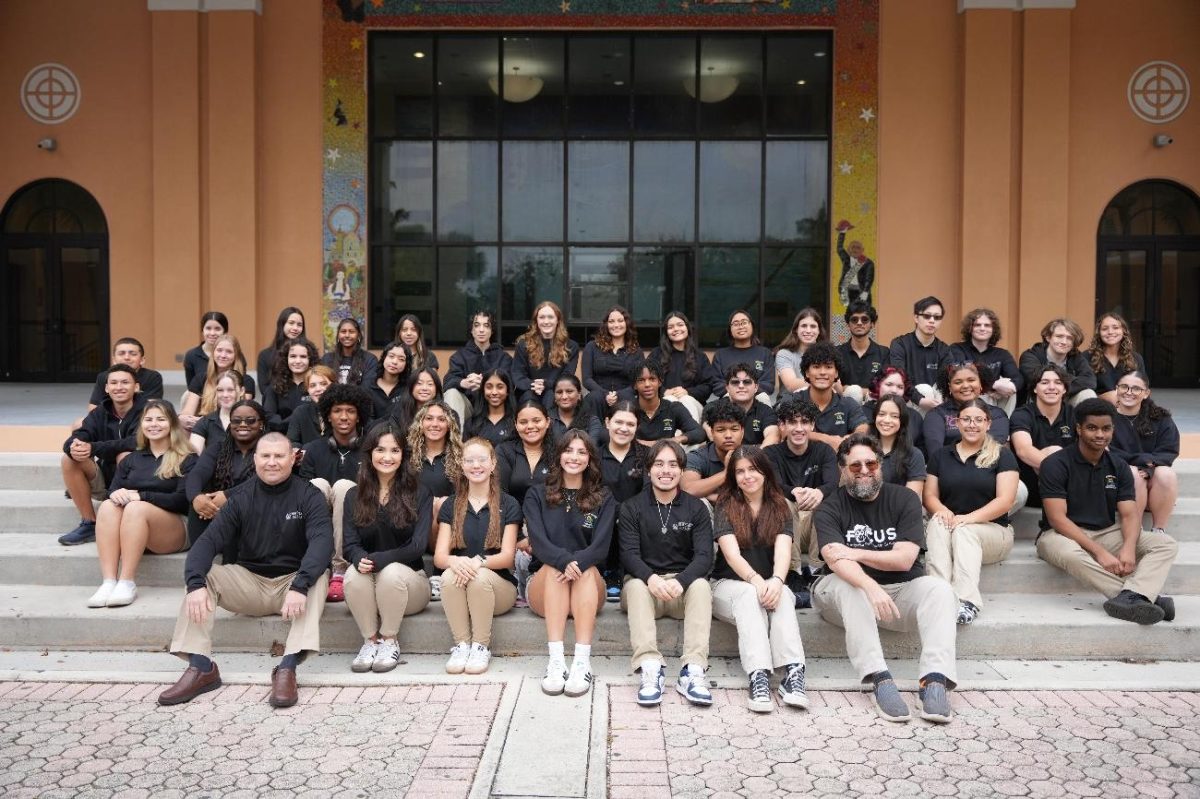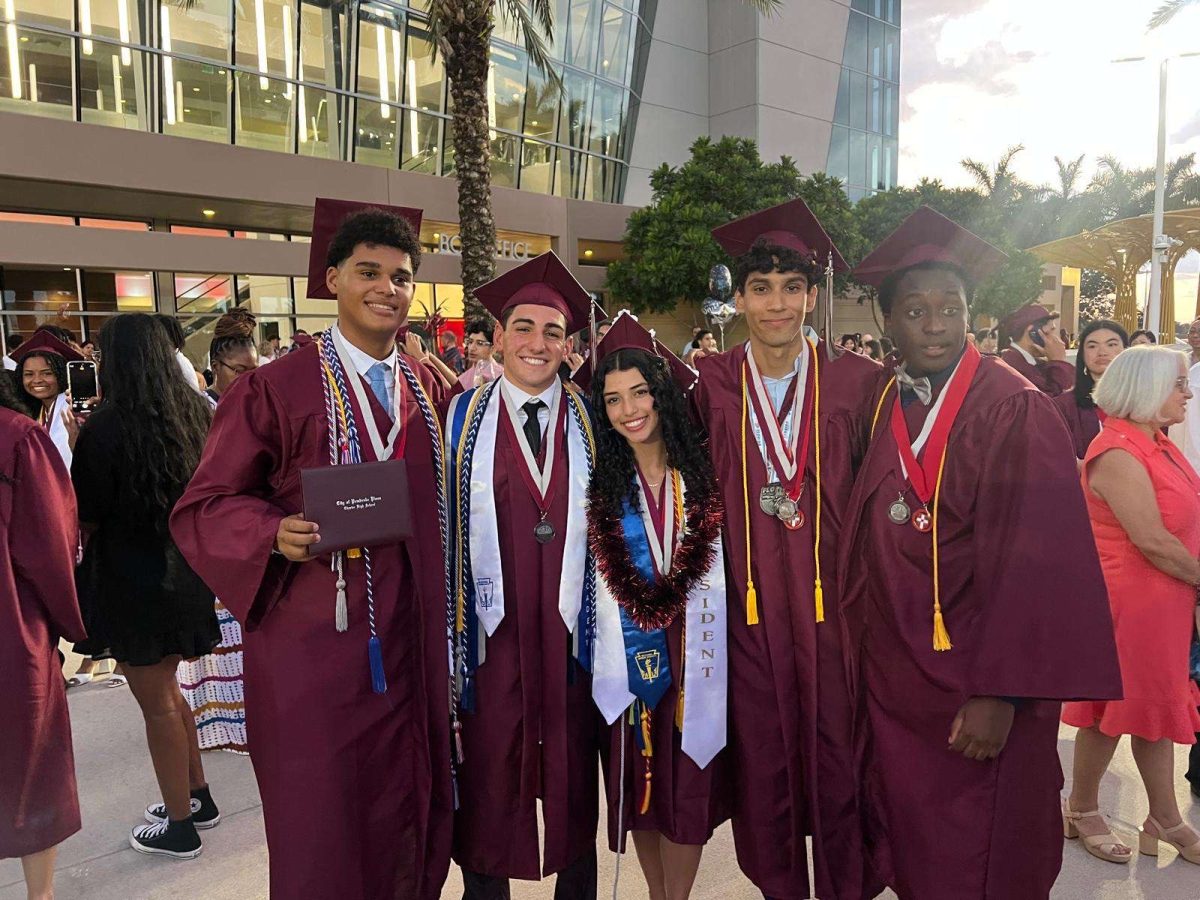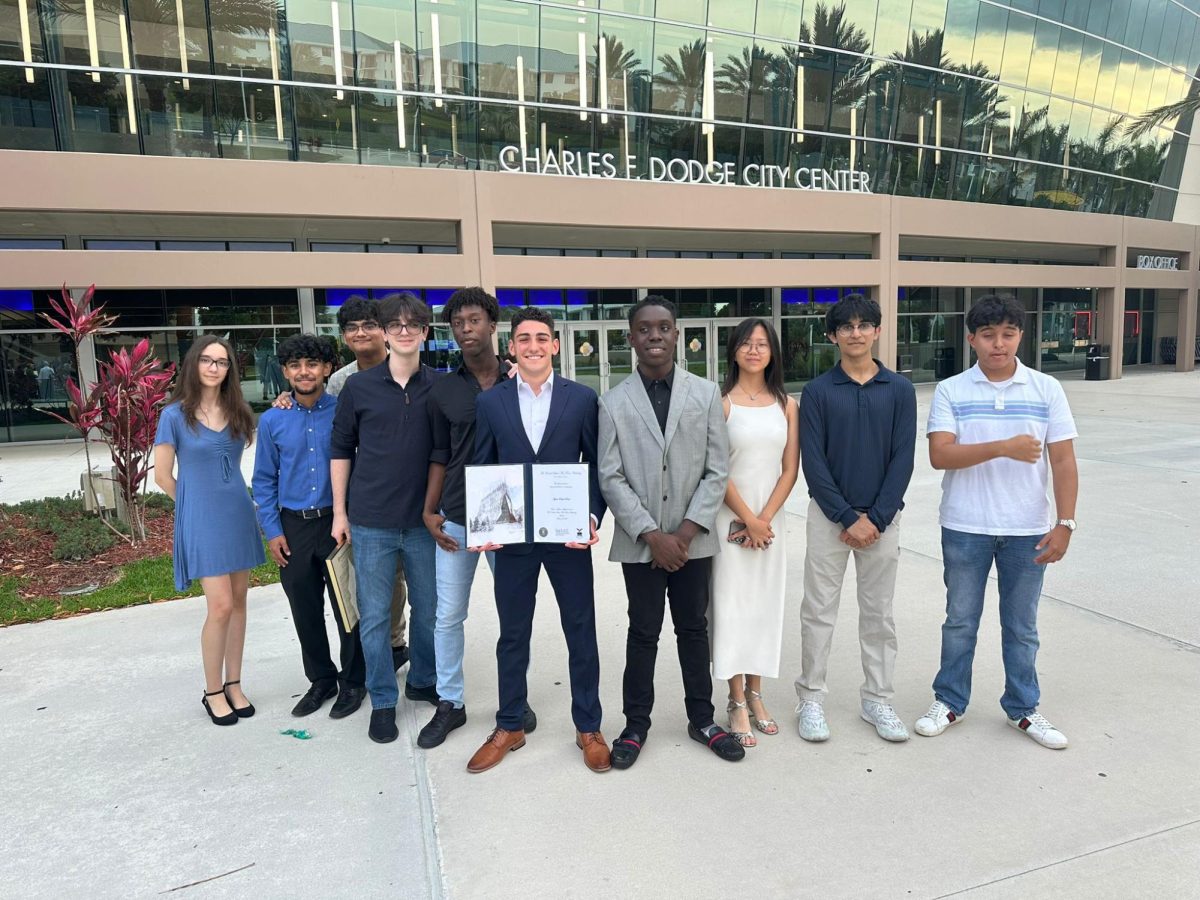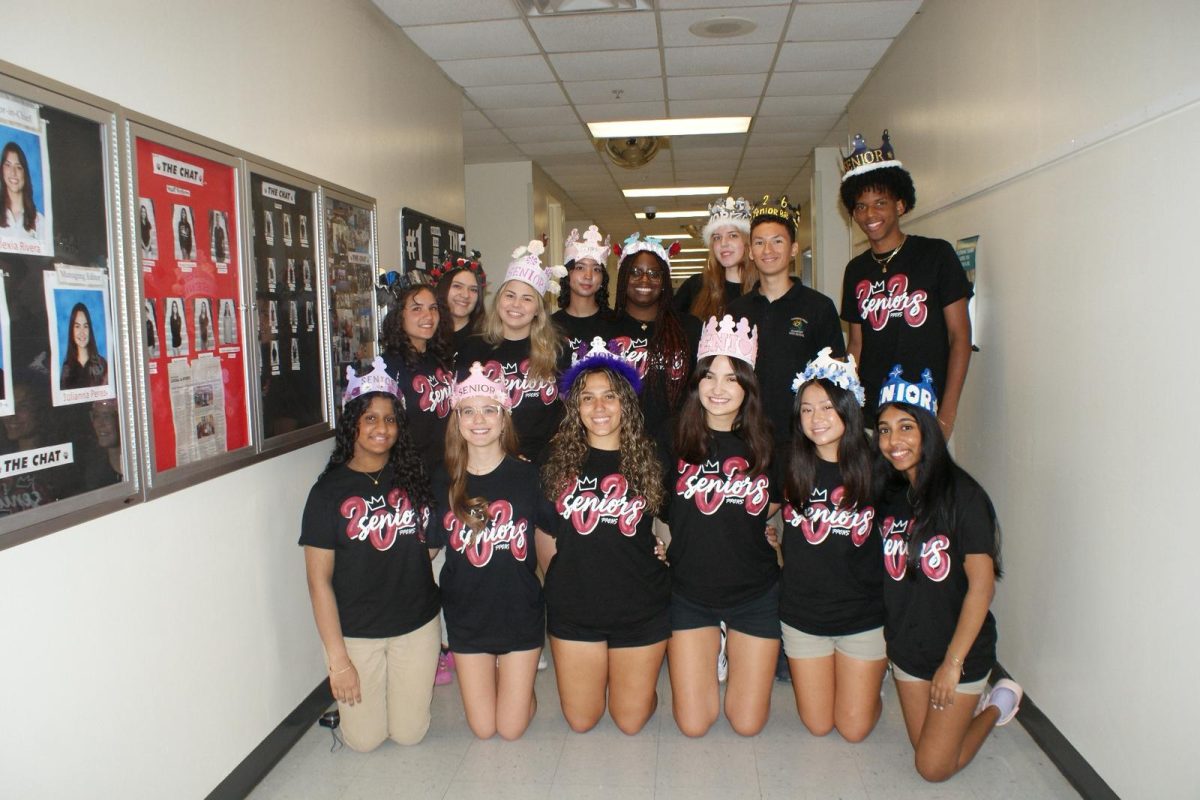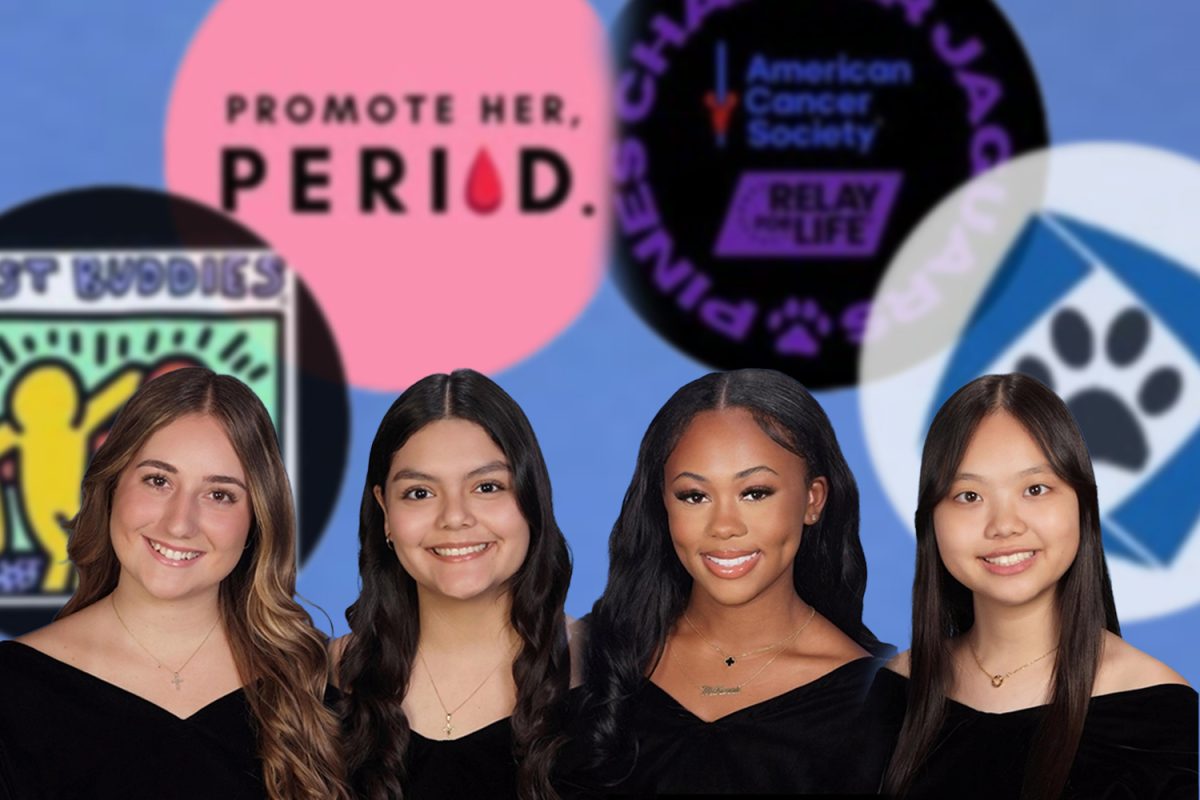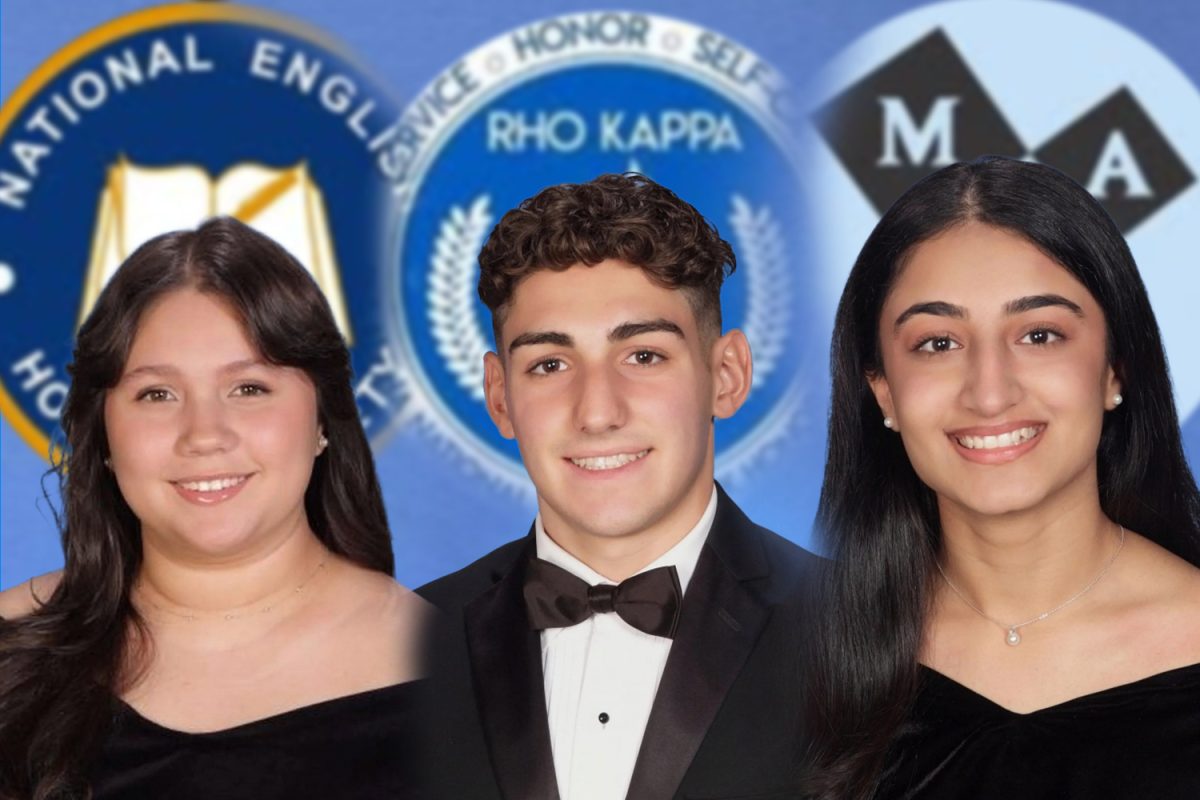Most students have to walk into the big, crowded hallways of high school all alone everyday of their young lives. When people hear that one word– ‘twin’ or ‘triplet’–they all start to ask numerous typical questions before the miracle siblings can even say their names. All to consider, here are the answers to many peoples’ questions from Charter’s very own sets of twins and triplets!
Usually, the reason that twins or triplets become such a shocker to people is because of how rare these types of siblings are in this generation. Sometimes people can see two types of twins, identical or fraternal. As for triplets, most times, two out of the three siblings look more similar than one of the siblings. When miracles happen like this, the parents and family of these twins and triplets are very excited as they get to love more than one baby. In addition to that, having more children means that living expenses go up and the time to complete daily to-do lists shortens.
Even though it may seem like all butterflies and rainbows with having a close sibling, the reality of it comes with added pressure from coaches, teachers, friends, family, and more. What many people don’t understand is that just because a pair of twins or triplets have the same last name, does not mean they have the same personality. While senior Alexis Williams likes how “they [people] believe we [my twin sister and I] represent each other, even though we are two different people,” others can’t say the same. A personality is what separates the similar DNA, looks, and treatment within a twin or triplet. “The pressure I get is knowing I have to do things better than her [Gracie Mortman], if not just as good as her,” freshman and twin Shayna Mortman expresses. It is important that twins and triplets have their own independent sports and hobbies to help them feel different from one another. Triplet and sophomore Zakary Jaworski feels similarly since, “Dean Jaworski attracts more girls because he is more outgoing, so that makes me want to talk to more people and be outgoing like him.” As constant thoughts like these can occur, it can cause one of the siblings’ self esteem to go down, jealousy can cause tension, and it can take a longer time for one sibling to get to the stage that they want to be at.
Since twins and triplets do not all look similar, most people tend to assume false ideas about either child, making it hard for people to believe what is true. For instance, senior Meagan Berger mentions, “People always ask who’s older even though they all guess that it’s me because I just look like an older sister.” Similar to when certain students have an older sibling, teachers often immediately assume they are a good student from their past experiences they had with that older sibling. Most cases, that is not always true, and the expectations from others can cause annoyance as they keep getting referred to someone they are not. Often twins and triplets tend to be put in the same situations, especially out in public. Some are even forced to do similar things as entertainment for their friends and family. Sophomore Caleb Mercado confirms, “the most common questions and expectations that come from sibling life are often regarding intelligence, jokes about us being intertwined together (as in twin telepathy and things).”
Although there is the actuality of being twins and triplets, one of the most enjoyable parts of it all is being able to create new memories with the person/people that make you the happiest. One of the best parts about having a twin or triplet is being able to look up to them for so many different reasons and also to know that you will always have a great support system. “My favorite memory is with my sister Marlee Jaworski, when we went to Georgia for my baseball tournament and she was there supporting me and we had so much fun just the two of us messing around together.” Sophomore Dean Jaworski says, still reminiscing. Likewise, having a built-in best friend allows for there to always be smiles and laughs regardless of the situation. Freshman Emerson Toledo recalls, “In the first grade, the teachers would always tell us apart by our shoes, so one day we swapped shoes and went to the other one’s class.”
When the bell rings every morning for first period and causes PPCHS twins and triplets to go their separate ways for the day, their individual journeys may be a bit different–but their lifelong sibling connections will never change.


